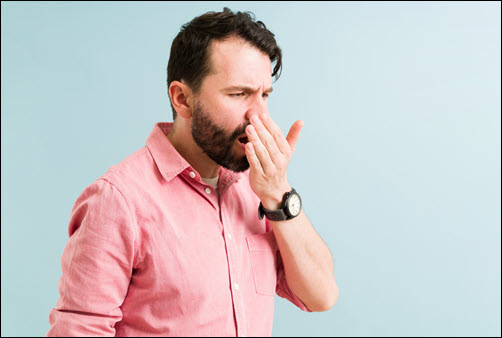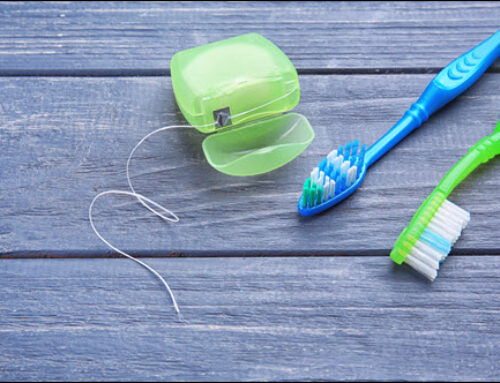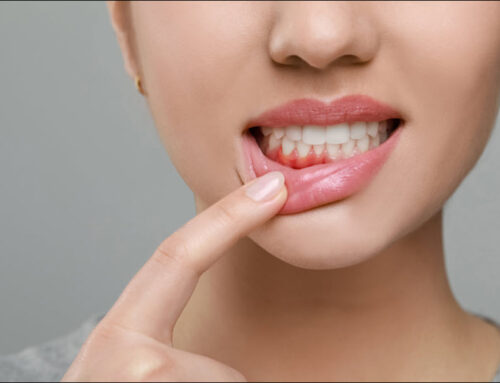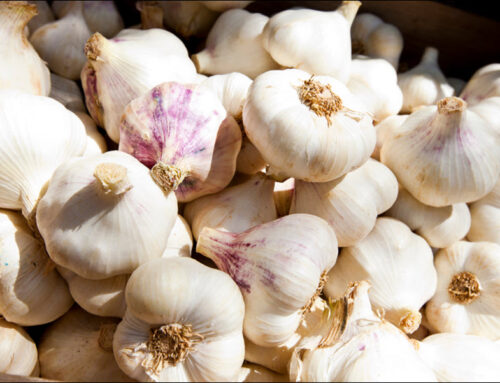Most of us have had bad breath at some point in our lives. Be it morning breath, a result of something we ate or drank, or due to medicine, bad breath happens. However, for 31.8% of the population, dealing with bad breath is much more than morning breath. It is a serious problem known as halitosis.
And while halitosis is a problem, it can also be a symptom of many other conditions. So, finding the source of bad breath is a great place to start. Once you know the cause, you can take action to minimize or prevent it.
Causes of Halitosis
 Dry Mouth – Our saliva helps to wash our mouth. If you don’t produce enough saliva, then halitosis can develop.
Dry Mouth – Our saliva helps to wash our mouth. If you don’t produce enough saliva, then halitosis can develop.- Smoking -Smoking dries out the mouth, leads to tooth decay, and increases your risks of gum disease.
- Head and neck cancers- Often signified by sores that don’t health, mouth pain, difficulty swallowing, a lump in your throat, or an unexplained weight loss.
- GERD (gastroesophageal reflux disease) – A digestive disorder where stomach acids or fluid leaks into your esophagus.
- Tonsil Stones – Caused by food that gets stuck in your tonsils.
- Gum Disease – An inflammation of the gums manifested through gum redness, swelling, and bleeding. If left untreated, it can lead to periodontitis.
- Diabetes – Diabetics have a higher risk of gum disease as it is affected by one’s blood sugar levels.
Dealing with Bad Breath
 Brush and Floss – Always the first step in promoting good oral health. But doing these rather mundane tasks at least twice daily goes a long way towards fighting halitosis.
Brush and Floss – Always the first step in promoting good oral health. But doing these rather mundane tasks at least twice daily goes a long way towards fighting halitosis.- Don’t Skip the Dentist’s Office! – Seeing your dentist twice a year helps you avoid potential problems and deal with any small ones before they get bigger.
- Stop Smoking- Breaking this one habit can have many health benefits! But it is a big step in fighting halitosis and improving dental health.
- Medications – Some medications cause dry mouth. If prescribed medication causing this, consider chewing sugar-free gum to help produce more moisture. Also, drinking more water will make a big difference.
- Watch Your Diet – Garlic, onions, coffee, certain spices, and foods high in acid can cause bad breath. If you eat these foods, brush, and floss as soon as possible. This keeps any food particles from lingering and causing bad breath. Foods that help minimize halitosis are those requiring a lot of chewing, such as apples, carrots, and celery. Also, oranges increase saliva production, but keep these in moderation as they contain natural acids.
- Use Mouthwash- Be sure your mouthwash is alcohol-free, as alcohol can cause dry mouth.
- Brush Your Tongue – Use your toothbrush or get a tongue scraper. Cleaning your tongue keeps bacteria from building up.
Dealing with bad breath doesn’t have to be a struggle, but it does require proactive measures. Watching what you eat, brushing your teeth, and being intentional about your overall health is essential. If you have questions regarding oral health care or bad breath, don’t hesitate to talk to the Linglestown Family Dental team. We can answer your questions and help you determine your next step.





